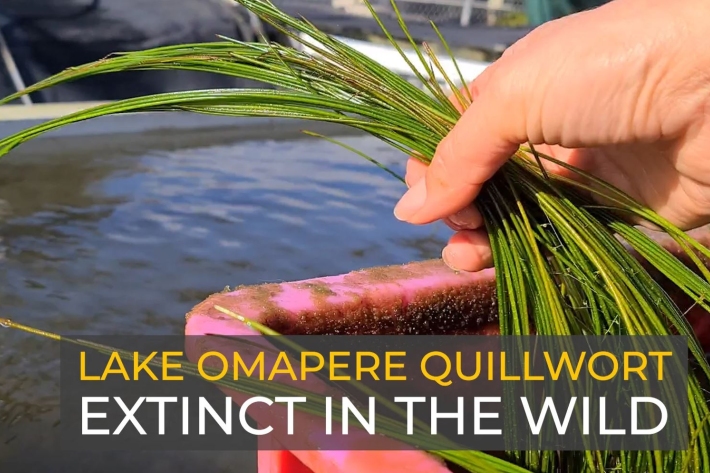-
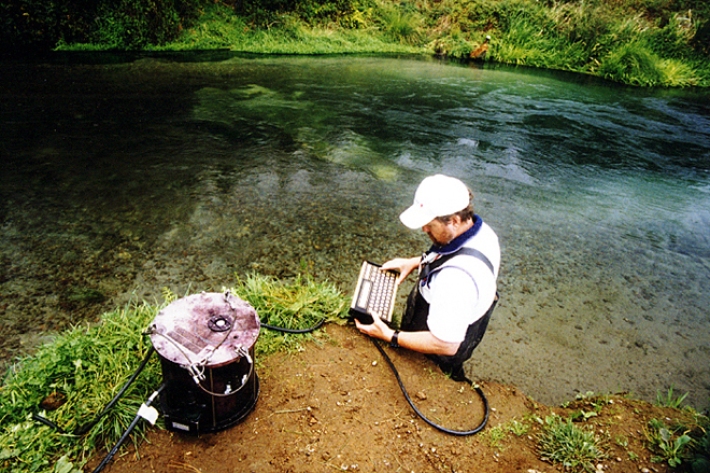
Freshwater Ecological monitoring
We offer a range of ecological monitoring tools. -
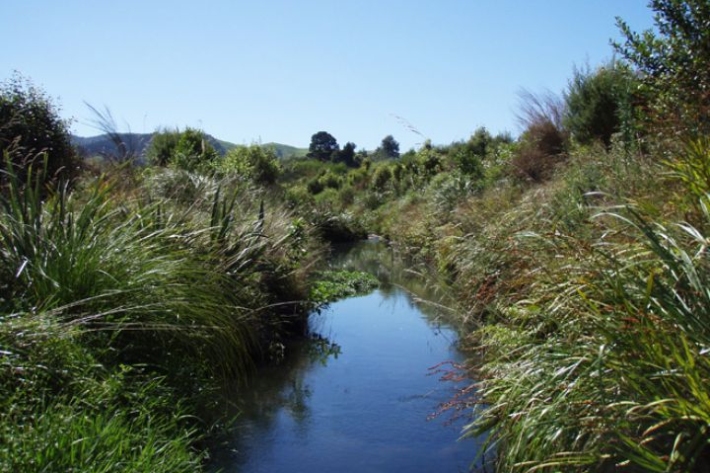
Restoration of aquatic ecosystems
Research ProjectThis project aims to increase our knowledge of aquatic ecosystems and their restoration, and apply this to degraded streams, rivers, lakes and estuaries. -
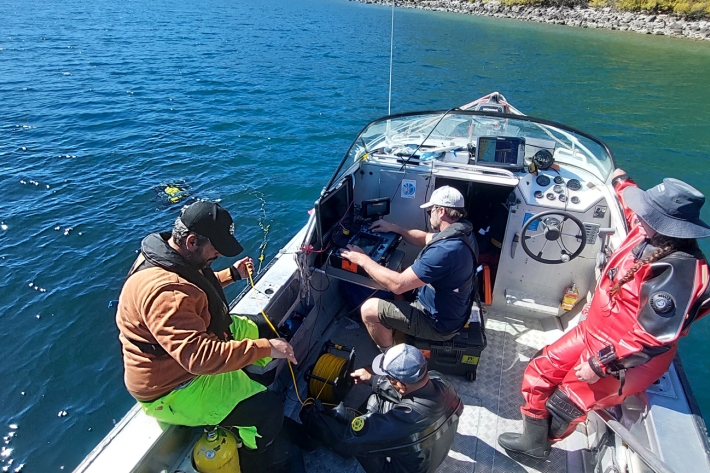
Hunting for freshwater ‘freak of nature’ in Otago
Media release18 April 2024A team of NIWA scientific divers have successfully searched for a freshwater freak of nature in Otago’s alpine lakes. -
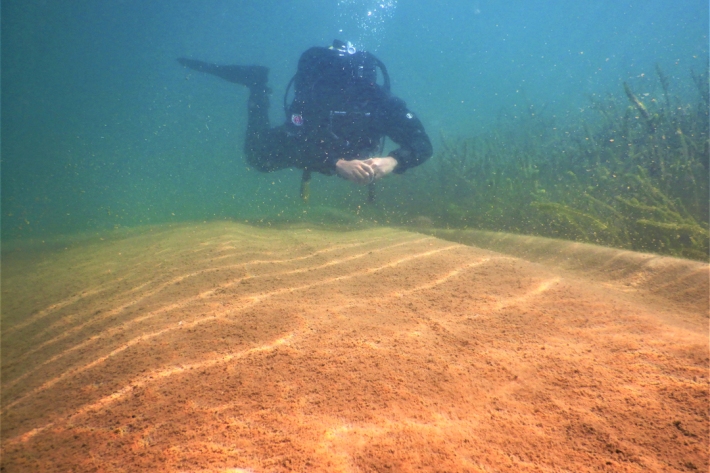
Bottom lining for the control of submerged lake weeds
Bottom lining is the installation of a flexible covering over the top of beds of aquatic weeds, similar to using weed matting in home gardens. The lining is held in place by weights (e.g., rocks or sandbags) or by pinning. This control method is also called ‘benthic barriers’. -
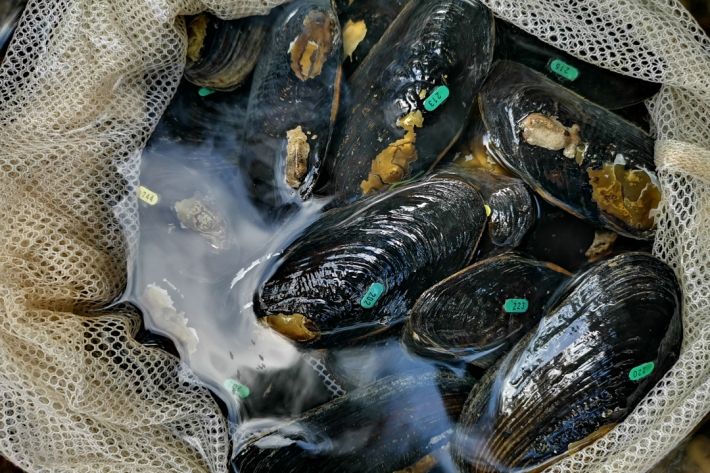
Freshwater bioremediation using native mussels - focussed on shallow eutrophic lakes
Research ProjectThe project aim was to harness the filter-feeding capacity of native freshwater mussels on rafts to assist in lake restoration. -
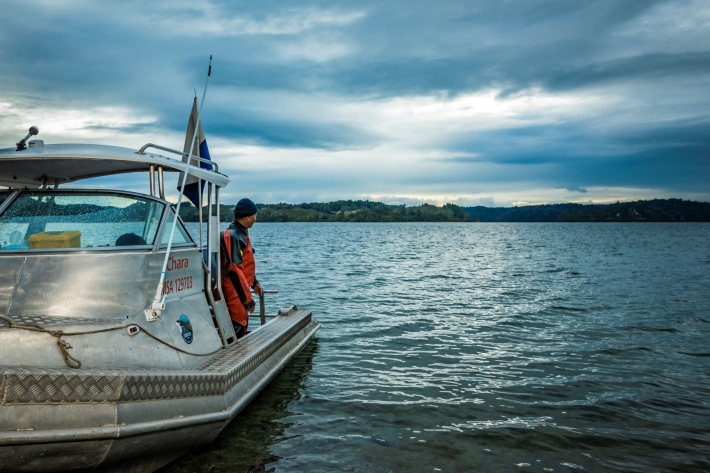
Check Clean Dry actions
The Check Clean Dry Campaign aims to stop the spread of freshwater pests by encouraging people going through more than one waterway to check, clean and dry their gear in between. -

New weapon in fight against invasive aquatic weeds
Media release20 July 2021A combination of artificial intelligence and scientific ingenuity looks set to be the next step forward in protecting Aotearoa New Zealand’s lakes and rivers from invasive aquatic weeds. -

The future shape of water
Feature story11 February 2021How much is too much? Susan Pepperell looks at some of the tough decisions looming around access to freshwater and how science is helping with solutions. -

Freshwater species show vulnerability to climate change
Media release15 September 2020A new study has identified seven freshwater species native to Aotearoa-New Zealand that will likely be highly or very highly vulnerable to climate change. -
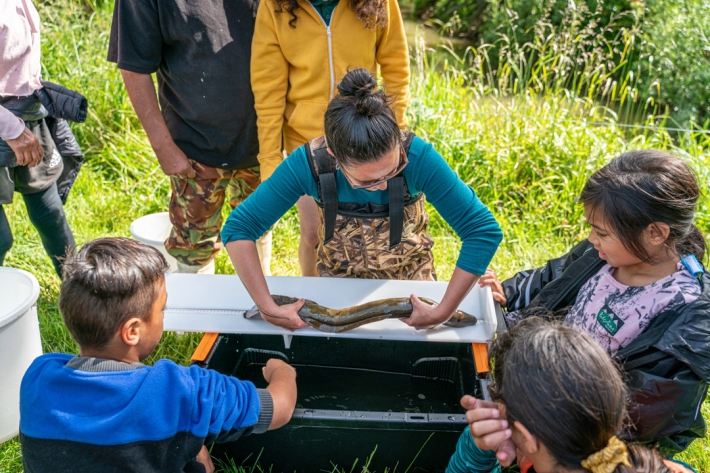
Maniapoto Cultural Assessment Framework
Research ProjectTe Nehenehenui (previously Maniapoto Māori Trust board) and NIWA are working collaboratively to support Ngāti Maniapoto whānau to reconnect with and participate in the assessment of their freshwater according to their values. -
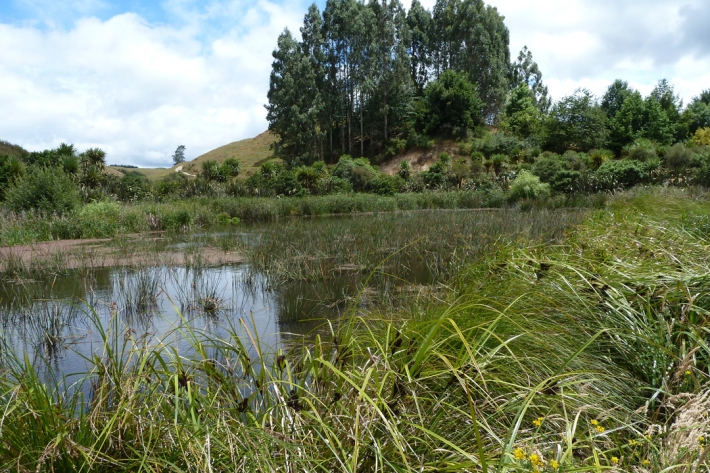
Constructed wetland guidelines
Constructed wetlands are a water quality restoration tool that can reduce levels of sediment, nutrients and microbes such as E. coli. -
Scientists nurturing only plant of its kind
Media release11 June 2020For more than 20 years NIWA scientists have been nurturing three plants that are the only examples of their kind in existence.

